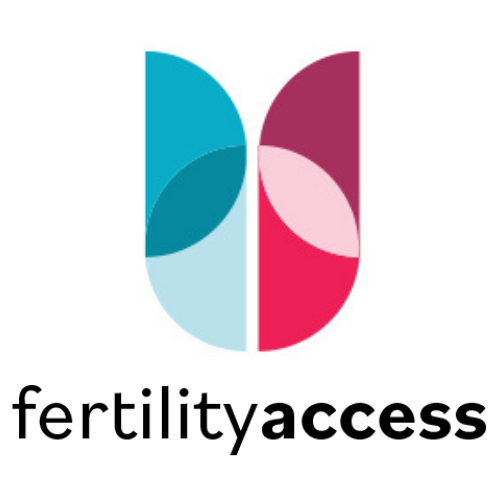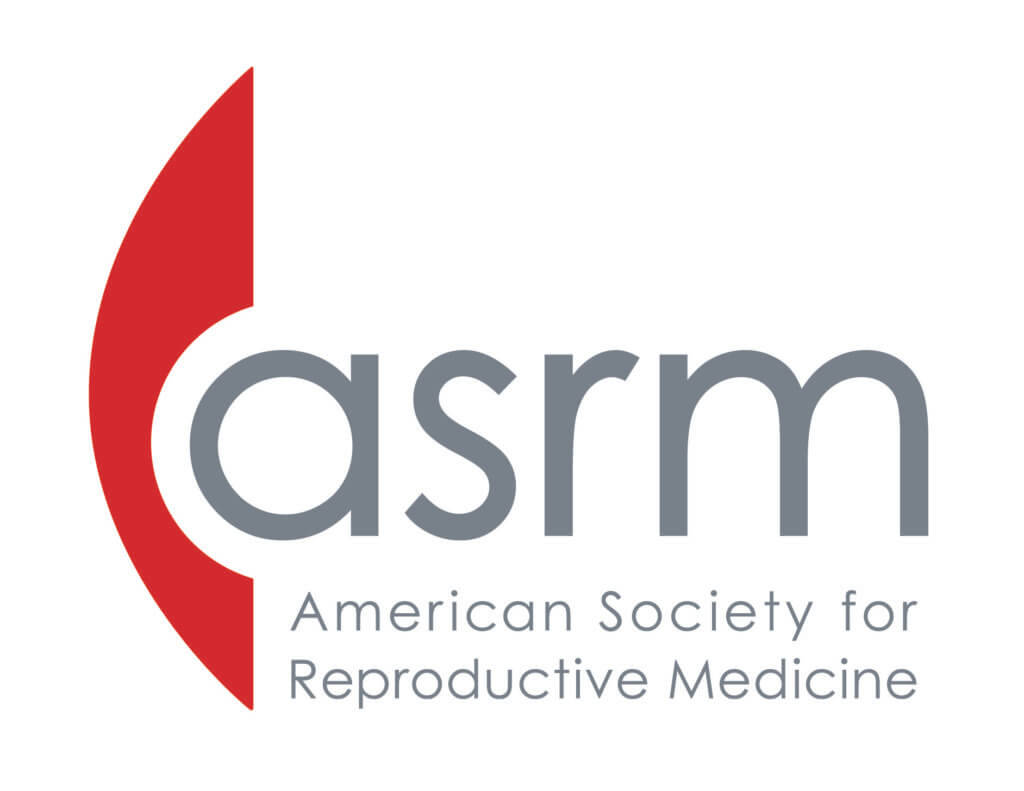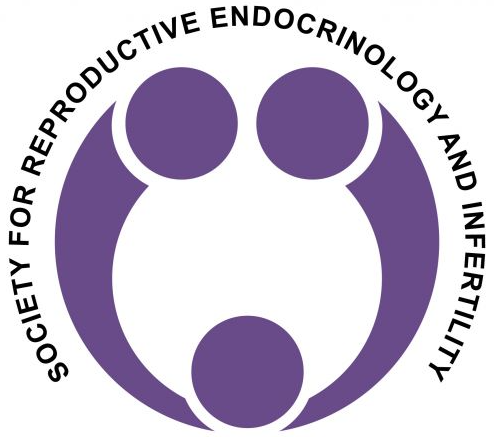Continuing To Invest In Improved Quality of Care and Patient Outcomes
The Center for Reproductive Medicine is now the only center in the state of Minnesota that has a nursing staff certified in reproductive nursing. This ensures our patients are getting the most educated, supportive nursing staff available in the state.
At CRM, we are not willing to rest on our laurels as the Twin Cities’ premier provider of advanced fertility care. That was the impetus behind our decision to offer American Society of Reproductive Medicine (ASRM) certification for all of our nurses. We decided to pay for every nurse to take the certification exam no matter how long they have been with our practice, and we are proud that our nursing staff was willing to take the time to study and become certified in this difficult, ever-changing world of fertility.
ASRM certification not only benefits our nurses; it benefits our physicians in the knowledge that the nurses will be making the right decisions according to evidence-based training in a pursuit of providing the best care for our patients.
ASRM Certification Q&A
When did CRM decide to pursue ASRM certification?
Nurses comprise a large and integral part of our team, yet no standardized course of study is available to train new nurses or further the education of experienced nurses in the field. In fact, a 2005 survey of REI nurses by the Nurses’ Professional Group (NPG) of ASRM reported that 80 percent of nurses reported that “on-the-job training” best described their preparation as a new nurse in the field.
It’s for that reason we decided to obtain certification in reproductive nursing. This ensures all our nurses are educated on patients knowledge deficits, providing instruction and anticipatory guidance, offering therapeutic support, offering compassion, and explaining test results and treatment options. It also enhances our nurses’ knowledge of:
- Anatomy and physiology
- Menstrual cycles
- Pathophysiology
- Diagnostic tests and treatment options
- Patient teaching, counseling, and history taking
- Physical assessment
- Ultrasound technique
What Does The Certification Process Require?
Nurses are required to have a minimum of 2,000 hours of experience as a registered nurse and a minimum of 1,000 hours in women’s health in order to take the course. Nurses that are new to the practice of Reproductive Nursing are required to take an intense online course that is 16 modules long:
- Female Reproductive Anatomy and Physiology
- Causes of Female Infertility
- Male Reproductive Anatomy and Physiology
- Causes of Male Infertility
- Female Infertility Workup and Testing
- Male Infertility Workup and Testing
- Female Infertility Pharmacotherapy
- Female Stimulation Periods
- Male Infertility Treatment
- ART Treatments and Procedures
- Additional ART Treatments and Procedures
- Management of Early Pregnancy
- Genetics
- Gamete and Embryo Donation and Surrogacy
- Psychological Issues and Counseling of Third Party Reproduction
- Ethical, Legal, and Religious Issues in Infertility Treatment
The modules must be completed within one year. The exam consists of 160 questions and a score of 70 percent or higher results in a 3-year certification. Recertification every three years ensures that nurses continue to remain well-versed in reproductive nursing developments.
What Does ASRM Certification Mean For Patients?
It means patients are getting a nursing staff that has been educated and evaluated in reproductive nursing. They are aware of the scientific reasons behind the doctor’s orders, empowering them to educate patients on protocols, medications and testing. The bottom line: our nurses are informed and will be a patient’s advocate throughout the fertility journey.





